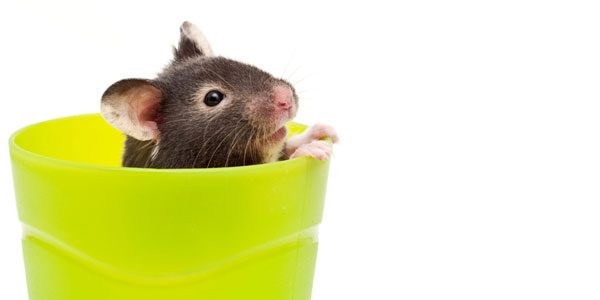Advertisement
What’s Worse Than a Dead Mouse In Your Soft Drink?
It’s a strange question, for sure. We’ve all heard the urban legends about finding dead critters in Coke. But the most recent lawsuit—against PepsiCo over a mouse in Mountain Dew—has people questioning Pepsi’s defense. If someone you know regularly consumes soft drinks, we suggest they read about this story. The claimant, a man from Wisconsin, … Continued

It’s a strange question, for sure. We’ve all heard the urban legends about finding dead critters in Coke. But the most recent lawsuit—against PepsiCo over a mouse in Mountain Dew—has people questioning Pepsi’s defense. If someone you know regularly consumes soft drinks, we suggest they read about this story.
The claimant, a man from Wisconsin, says when he poured a can of Mountain Dew into a Styrofoam cup, “a dead mouse plopped out of the can.” He’s seeking $50,000 in damages. It’s a story for the far-fetched—but inadvertently scary—files.
PepsiCo has filed a motion to dismiss the case based on expert testimony. They claim it would be impossible for someone to pour out an intact mouse from a can of Mountain Dew. This is because, according to their expert (a veterinary pathologist), the mouse would have dissolved in the soda before the man opened the can. The expert said that the mouse would have turned into a “jelly-like” substance because of the acids in the liquid.
That’s the inadvertently scary part. The idea that the contents of a can of pop can dissolve a dead rodent into a “jelly-like” substance is certainly more worrisome than the far-fetched possibility of finding a dead critter in the can.
Of course, some dispute the validity of Pepsi’s claim, including Mary Bamford, registered dietitian and alive contributor. She told CBC news, “When you think of the hair on the mouse, that’s pretty tough to dissolve. The protein parts, in terms of everything on the inside [of the animal], would be a little more dissolvable in acid—that’s what your stomach does, but it’s of a pH that’s much, much lower than pop.”
Whether or not your pop-drinking friend might find a dead mouse in her soft drink—even her sugar-free diet brand—is less a concern than the other possible consequences and reasons she might want to consider an alternative beverage.
- increased body weight/increased risk of diabetes
- increased risk of metabolic syndrome
- increased risk of high blood pressure
- reduced dental health
- reduced bone density/risk of osteoporosis
- reduced consumption of healthier foods and beverages





